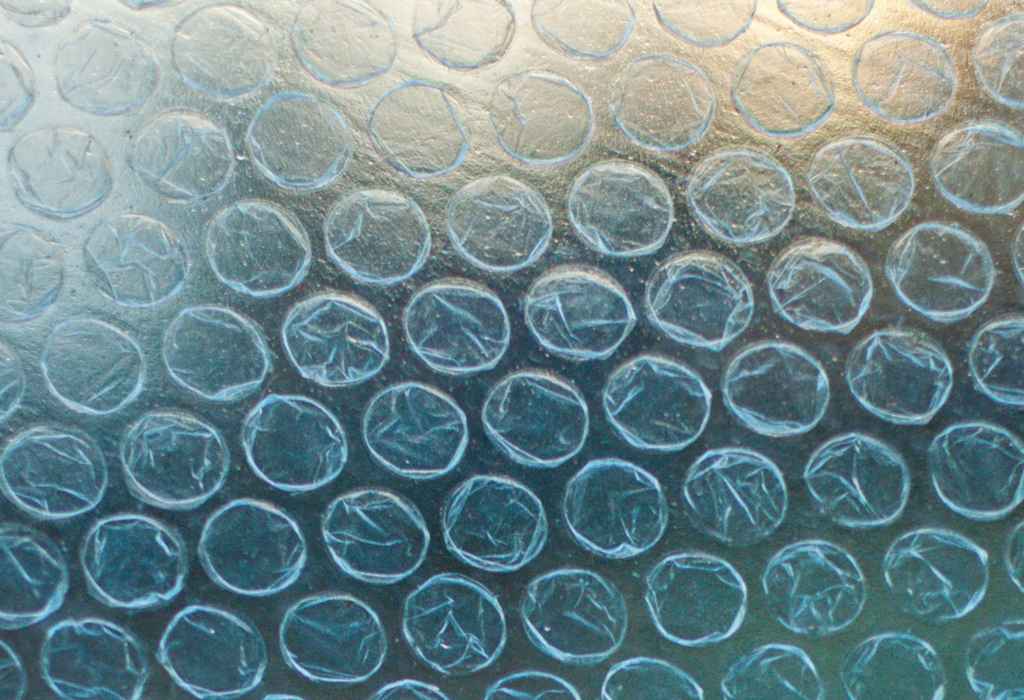M.W. (Marin) Kuijt MA
- Kloveniersburgwal 48
- Room number: D 0.10
-
Postbus 1610
1000 BP Amsterdam
-
Profile
Marin Kuijt is a PhD candidate at the Amsterdam School for Historical Studies.
His project 'Colonial Carbon: How Oil and Gas Extraction Shaped the Netherlands and its Empire' focuses on the colonial and postcolonial history of oil in the Netherlands and its empire. Specifically, he is interested in how oil and gas extraction propelled the Dutch East Indies, New Guinea, and the Netherlands into the Anthropocene.
A related research interest of Kuijt is petroculture, or how the fossil economy and the cultural domain shape each other. Specifically, he looks at the role large fossil-fuel corporations play in the world of museums and heritage. Together with Gertjan Plets (UU), Kuijt publishes on how oil, gas, and coal companies curate a favourable image of themselves in museums through donations. The first paper came out in 2022 (see publications). More publications will follow.
Together with Caroline Kreysel (VU) and Hannah de Korte (KU Leuven/Maastricht University) Kuijt founded the Dutch Environmental History Network for early career environmental historians working in the Netherlands and Flanders.
In 2022-2023 he edited with Peter van Dam the weekly newsletter on gas extraction and energy Tot op de bodem: totopdebodem.substack.com. Kuijt and Van Dam are currently working on an edited volume based on the newsletter.
His archival research in Indonesia is partly made possible by the Comité d'Histoire de l'Électricité et de l'Énergie (EDF) which awarded Kuijt a research grant in 2023.
Prior to coming to the University of Amsterdam, Marin Kuijt studied in the RMA Colonial and Global History program at Leiden University (cum laude). Before that he studied History (cum laude) and Philosophy (cum laude) at Utrecht University.
-
Publications
2025
 Plets, G., Kuijt, M., & Vonk, C. (2025). Nederland, land van olie en gas: De omarming van de petrogeschiedenis voor een duurzame toekomst. Tijdschrift voor Geschiedenis, 138(1), 60-73. https://doi.org/10.5117/TVG2025.1.005.PLET [details]
Plets, G., Kuijt, M., & Vonk, C. (2025). Nederland, land van olie en gas: De omarming van de petrogeschiedenis voor een duurzame toekomst. Tijdschrift voor Geschiedenis, 138(1), 60-73. https://doi.org/10.5117/TVG2025.1.005.PLET [details]
2022
 Plets, G., & Kuijt, M. (2022). Gas, Oil and Heritage: Well-oiled Histories and Corporate Sponsorship in Dutch Museums (1990-2021) . BMGN - Low Countries Historical Review, 137(1), 50-77. https://doi.org/10.51769/bmgn-lchr.7028 [details]
Plets, G., & Kuijt, M. (2022). Gas, Oil and Heritage: Well-oiled Histories and Corporate Sponsorship in Dutch Museums (1990-2021) . BMGN - Low Countries Historical Review, 137(1), 50-77. https://doi.org/10.51769/bmgn-lchr.7028 [details]
2019
- Kuijt, M. W. (2019). Exposing the Colonial Exhibition: Dutch Anti-Colonial Activism in a Transnational Context . Reinvention, 12(2). https://doi.org/10.31273/reinvention.v12i2.486
2022
 Kuijt, M. (2022). [Bespreking van: E. Kreike (2021) Scorched Earth : environmental warfare as a crime against humanity and nature]. Tijdschrift voor Geschiedenis, 135(1), 106. https://doi.org/10.5117/TvG2022.1.008.KUIJ [details]
Kuijt, M. (2022). [Bespreking van: E. Kreike (2021) Scorched Earth : environmental warfare as a crime against humanity and nature]. Tijdschrift voor Geschiedenis, 135(1), 106. https://doi.org/10.5117/TvG2022.1.008.KUIJ [details]
2023
- Kuijt, M. W. (Author). (2023). Groningen en het gas: De koolstofcoalitie en de Grote Versnelling . Web publication or website, De nederlandse boekengids. https://www.nederlandseboekengids.com/20230508-marin-kuijt/
- Kuijt, M. W. (Author). (2023). Tot op de bodem: Het sjeikeffect?. Web publication or website https://totopdebodem.substack.com/p/het-sjeikeffect
- van Dam, P. H. (Author), & Kuijt, M. W. (Author). (2023). Tot op de bodem: Het jaar van de enquête. Web publication or website https://totopdebodem.substack.com/p/het-jaar-van-de-enquete
2022
- Kuijt, M. W. (Author). (2022). Tot op de bodem: De staat en fossiele brandstoffen: Een koloniaal huwelijk. Web publication or website https://totopdebodem.substack.com/p/de-staat-en-fossiele-brandstoffen
This list of publications is extracted from the UvA-Current Research Information System. Questions? Ask the library or the Pure staff of your faculty / institute. Log in to Pure to edit your publications. Log in to Personal Page Publication Selection tool to manage the visibility of your publications on this list. -
Ancillary activities
No ancillary activities
